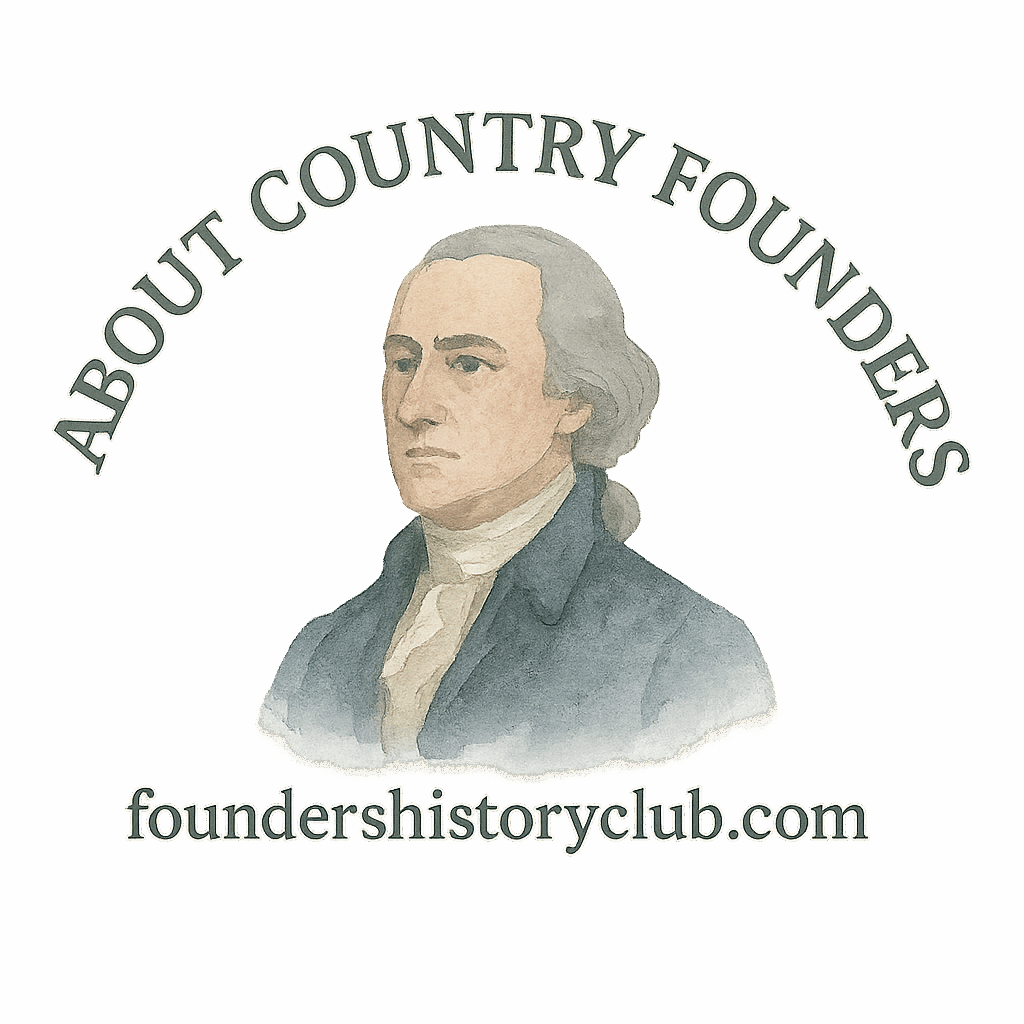Introduction to the 18th Century’s Revolutionary Spirit
The 18th century was an era of change. Borders shifted, ideas collided, and people began to challenge monarchs, empires, and traditions. From America to Europe and beyond, the century was defined by the bold actions of a few visionary individuals. These founders didn’t just impact their own nations—they left a global footprint, sparking revolutions and shaping governments for generations. This post dives into the lives and legacies of 10 such transformative figures.
Visit Founders History Club to explore more groundbreaking founders
Why the 18th Century Mattered
The Age of Enlightenment
Enlightenment thinkers like Rousseau, Voltaire, and Locke laid the intellectual groundwork for revolution. Their ideas about liberty, equality, and governance inspired action.
Seeds of Independence and Reform
Empires were stretched thin. Colonies began to demand self-rule. Traditional monarchies faced reformers from within and rebels from without.
1. George Washington – The Revolutionary Leader
The Birth of the United States
George Washington wasn’t just America’s first president—he was its moral and military backbone during the revolution. A general who understood both war and politics, he helped the colonies achieve independence from Britain.
A Symbol of Founding Ideals
Washington refused to become a king. Instead, he stepped down after two terms, setting a precedent for peaceful transitions of power. His legacy embodies governance, patriotism, and democratic values.
Discover more about governance in founding history.
2. Thomas Jefferson – Author of Freedom
Declaration of Independence
Jefferson penned the words that echoed across centuries: “All men are created equal.” As the primary author of the Declaration, he captured the spirit of revolution.
Vision for American Democracy
As the third U.S. President, Jefferson promoted education, science, and small government. His influence permeates American identity.
Explore education legacy and founders’ influence.
3. Simón Bolívar – The Liberator of South America
Liberation of Five Nations
Bolívar led independence movements across Venezuela, Colombia, Ecuador, Peru, and Bolivia. He’s often compared to George Washington for his regional impact.
Bolívar’s Republican Vision
He dreamed of a united Latin America and believed in governance based on merit and equality.
Find more about independence leaders.

4. Catherine the Great – Reformer of Russian Governance
Expansion and Enlightenment
Catherine II modernized Russia’s administration, expanded its territory, and embraced Enlightenment ideals, bringing science and art to the Russian court.
The Legacy of Modernization
She redefined monarchy with intellect and power—an example of a royal founder who balanced reform with rule.
Learn more about royal founders.
5. Toussaint Louverture – Haitian Revolution Hero
From Enslaved to Revolutionary General
Louverture rose from slavery to lead the only successful slave revolt in history, making Haiti the first Black republic.
Blueprint for Anti-Colonial Movements
His leadership inspired liberation struggles across the globe and forced empires to rethink colonial practices.
Explore the legacy of revolutionary founders.
6. Benjamin Franklin – Polymath and Diplomat
The Science of Statesmanship
Inventor, writer, and political thinker—Franklin helped stitch together a fragile coalition during the American Revolution.
Architect of American Unity
His diplomatic skills secured French support, crucial to American victory.
Dive into founders by era.
7. Adam Smith – The Father of Modern Economics
The Wealth of Nations
Smith’s 1776 book transformed how the world viewed trade, markets, and wealth.
Influence on Global Trade
His principles underpin capitalism and free markets globally.
Learn about borrowed ideologies.
8. Immanuel Kant – Founder of Critical Philosophy
Enlightenment and Human Autonomy
Kant challenged blind obedience and urged people to “dare to know.”
Ethics and Politics in Modern Thought
His ideas on reason, morality, and autonomy influenced constitutions and civic thought.
Check out more cultural memory.
9. Gustav III of Sweden – The Theatrical Reformer King
Constitutional Monarchy and Culture
Though flamboyant, Gustav III enacted major constitutional reforms and supported the arts.
Impact on Nordic Governance
He showed how monarchs could reform without revolutions.
See the rise of constitutional monarchs.
10. Warren Hastings – Architect of British India
Administration and Governance
As the first Governor-General of India, Hastings laid administrative foundations that lasted centuries.
Controversial Legacy of Colonial Foundations
His role remains debated: reformer or oppressor? Regardless, his impact on governance is undeniable.
Read more on controversy in history.
The Shared Legacy of 18th Century Founders
Shaping Nations and Ideologies
These individuals gave us new nations, fresh ideologies, and reimagined what governance could be.
Seeds of Global Movements
From democracy to independence, their footprints echo today.
How Their Legacies Inspire Today
Reflections in Modern Governance
Their ideas live on in constitutions, protests, and reform movements.
Lessons in Leadership
Bold, ethical, visionary—these traits transcend time.
Conclusion
The 18th century wasn’t just a chapter in the past—it was a launchpad for the modern world. These founders—rebels, thinkers, and rulers—changed history’s course. Whether you’re interested in early history, or exploring how their ideas inspire today, their stories still matter. Visit Founders History Club to continue your journey.
FAQs
- Who was the most influential founder of the 18th century? George Washington, due to his foundational role in establishing the U.S. and democratic governance.
- What role did Enlightenment play in the 18th century? It provided the intellectual spark for revolutions and reforms globally.
- How did the Haitian Revolution impact the world? It was the first successful slave revolt and inspired anti-colonial movements.
- Why is Adam Smith considered a founder? His economic theories transformed global trade and capitalism.
- Are there female founders from the 18th century? Yes, Catherine the Great stands out as a powerful reformer and monarch.
- How are these founders remembered today? Through monuments, education, national holidays, and cultural memory.
- Where can I learn more about founders by region or era? Visit Founders by Continent and Founders by Era.


